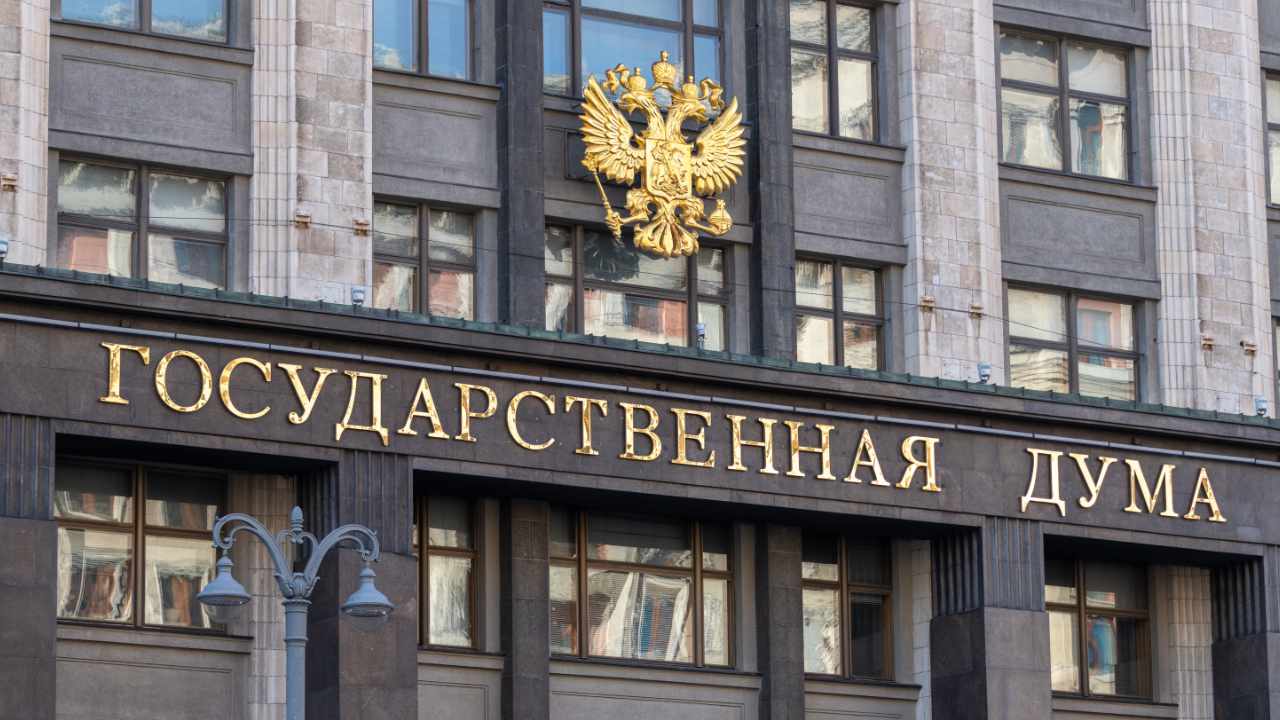Crypto asset manager Grayscale is making a legal move against the U.S. Securities and Exchange Commission (SEC), alleging that the SEC is showing bias towards bids for a Bitcoin (BTC) exchange-traded fund (ETF).
In its filing, Grayscale says the SEC’s stance of allowing BTC futures ETFs but not spot market BTC ETFs is inconsistent.
Grayscale says that if the SEC can approve Bitcoin futures ETFs, it can also approve spot market ones as they carry ostensibly the same risks.
The firm cites the SEC’s rejection of NYSE Arca’s attempt to create a spot market BTC ETF earlier this year. At the time, the SEC found that the venture was too risky and thus repudiated it.
“Just months earlier, however, the Commission had approved two separate proposals for ETPs [exchange-traded products] that hold as assets Bitcoin futures (a derivative of Bitcoin), after finding that those ETPs did not present an unacceptable risk of susceptibility to fraud or manipulation.
But the price of Bitcoin futures is subject to the identical risk of fraud and manipulation as is the spot price of bitcoin. That is because bitcoin futures represent the market’s prediction of future spot bitcoin prices, and prices in the bitcoin spot and futures markets align more than 99% of the time.
If, as the Commission has concluded, Bitcoin futures ETPs do not pose an unacceptably high risk of fraud and manipulation, then by definition neither do spot Bitcoin ETPs.”
Grayscale also brings up the SEC’s approval of a BTC futures ETF on the Chicago Mercantile Exchange (CME), saying that the regulatory agency broke its own policy by approving it.
“The Commission purported to justify that arbitrary discrimination on the ground that Bitcoin futures trade on a secondary market, the Chicago Mercantile Exchange (“CME”), that shares market ‘surveillance’ information with the national securities exchanges.
But that is a distinction without a difference: the Commission acknowledged that Bitcoin futures ETPs may be affected by fraud or manipulation in non-CME markets, yet found the surveillance sharing between the CME and national securities exchanges sufficient to address such fraud or manipulation.
In this case, the Commission has offered no coherent explanation why CME surveillance is sufficient to address the risk of non-CME fraud for bitcoin futures ETPs but insufficient to address the same risk for spot Bitcoin ETPs.”
Don’t Miss a Beat – Subscribe to get crypto email alerts delivered directly to your inbox
Check Price Action
Follow us on Twitter, Facebook and Telegram
Surf The Daily Hodl Mix
 
Disclaimer: Opinions expressed at The Daily Hodl are not investment advice. Investors should do their due diligence before making any high-risk investments in Bitcoin, cryptocurrency or digital assets. Please be advised that your transfers and trades are at your own risk, and any loses you may incur are your responsibility. The Daily Hodl does not recommend the buying or selling of any cryptocurrencies or digital assets, nor is The Daily Hodl an investment advisor. Please note that The Daily Hodl participates in affiliate marketing.
Generated Image: DALLE-2
Credit: Source link

















